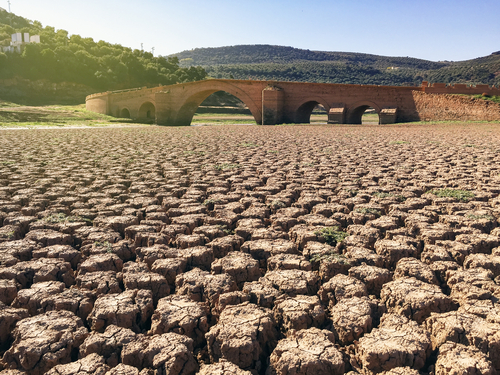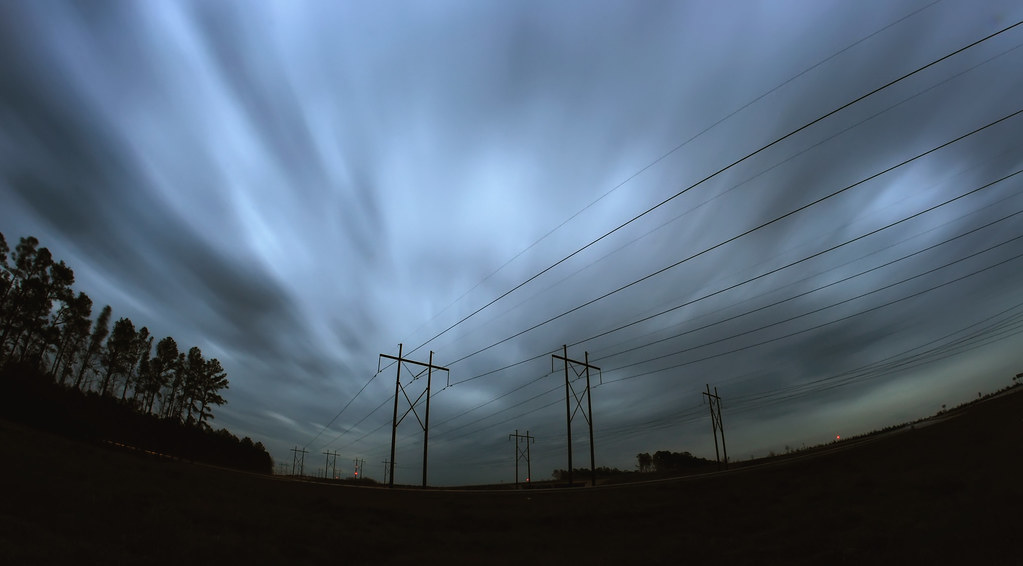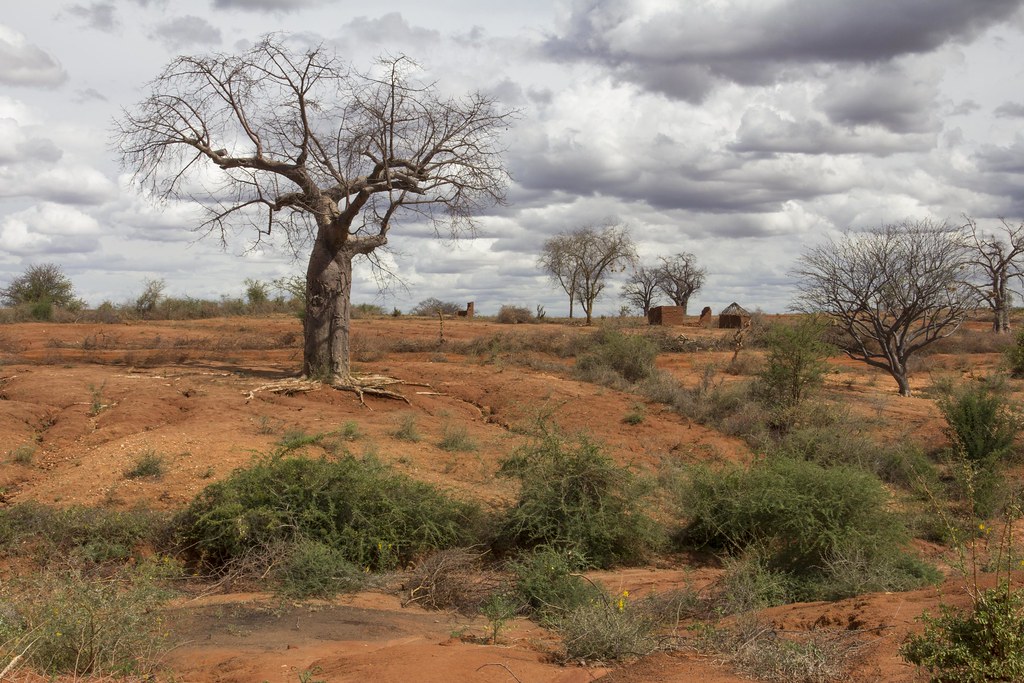
In a world gripped by the escalating concerns of climate change, a team of almost 250 researchers has made a pivotal stride in understanding how to effectively communicate the urgency of global warming.

Their work—spanning 63 nations and reaching 59,000 individuals—culminated in an innovative app designed to guide the delivery of climate change messages to generate the most substantial impact.

Between July 2022 and May 2023, this expansive study meticulously explored the reaction of people to various climate-related messages and tasks. These findings, now compiled in the journal Science Advances, reveal that the effectiveness of communication strategies is highly dependent on cultural and demographic nuances.

The study’s lead researchers, including Isabel Richter, Stepan Vesely, and Christian Klöckner of the Norwegian University of Science and Technology’s Department of Psychology, uncovered that intimidating messages portraying climate change as a “serious threat to humanity” significantly increased the likelihood of individuals sharing the message on social media platforms across the globe.

However, this “doom and gloom” approach often backfired in terms of promoting real action, such as reforestation efforts, and sometimes even reinforced skepticism among those already doubtful of climate change.

Conversely, the strategy of invoking knowledge—stating that “99% of climate experts believe the planet is getting warmer and that climate change is primarily due to human activity”—yielded mixed outcomes. In Romania, it boosted support for climate measures by 9%, while in Canada, it saw a reduction of 5%.

An emotional angle was also tested; asking participants to pen a letter to a child close to them about the current climate actions to ensure a livable planet by 2055. This approach resonated in countries like Nigeria, Russia, Ghana, Brazil, and the United States, increasing support by 5 to 10%. Nevertheless, it was less effective or even counterproductive in India, Serbia, and the United Arab Emirates.

According to the research, around 86% of participants across the globe viewed climate change as a threat, with over 70% backing systematic and collective measures to address the issue. Intriguingly, in Norway, the results diverged from global patterns. Norwegian participants were less inclined to share climate messages on social media and responded better to communications highlighting moral responsibility and expert consensus on climate issues.

Isabel Richter offers insight, saying, “The way that I choose to interpret it is that people in Norway like to do something concrete instead of just sharing things on social media.” In Norway, direct appeals to future generations or consensus among climate experts proved most effective.

The involvement of New York University and the University of Vienna was crucial to the study, but the input from NTNU was also substantial. Vesely remarked on their role from the inception of the project, shaping interventions that were actually implemented.

Madalina Vlasceanu, Assistant Professor at New York University and one of the leaders of the research project, emphasized the need for tailored messaging, asserting, “The findings show that spreading a climate message depends on people’s attitudes towards climate change in the first place. Legislators and campaigners must adapt their messaging to the public.”

This research not only challenges the efficacy of the often-used “doom and gloom” narrative but also highlights the importance of crafting climate change communications that are sensitive to the specific audience’s profile and cultural context. The development of the app is a leap forward, offering a tool to assist researchers, policymakers, and activists in fine-tuning their messages to inspire both awareness and tangible action in the face of a warming planet.



Relevant articles:
– New Research: Gloom and Doom Warnings About Climate Change Do Not Work, SciTechDaily
– Gloom and doom warnings about climate change do not work, ScienceDaily
– Beyond the Doom and Gloom, Here’s How to Stimulate Climate Action, Scientific American
– New Research: Gloom and Doom Warnings About Climate Change Do Not Work, Ground News

